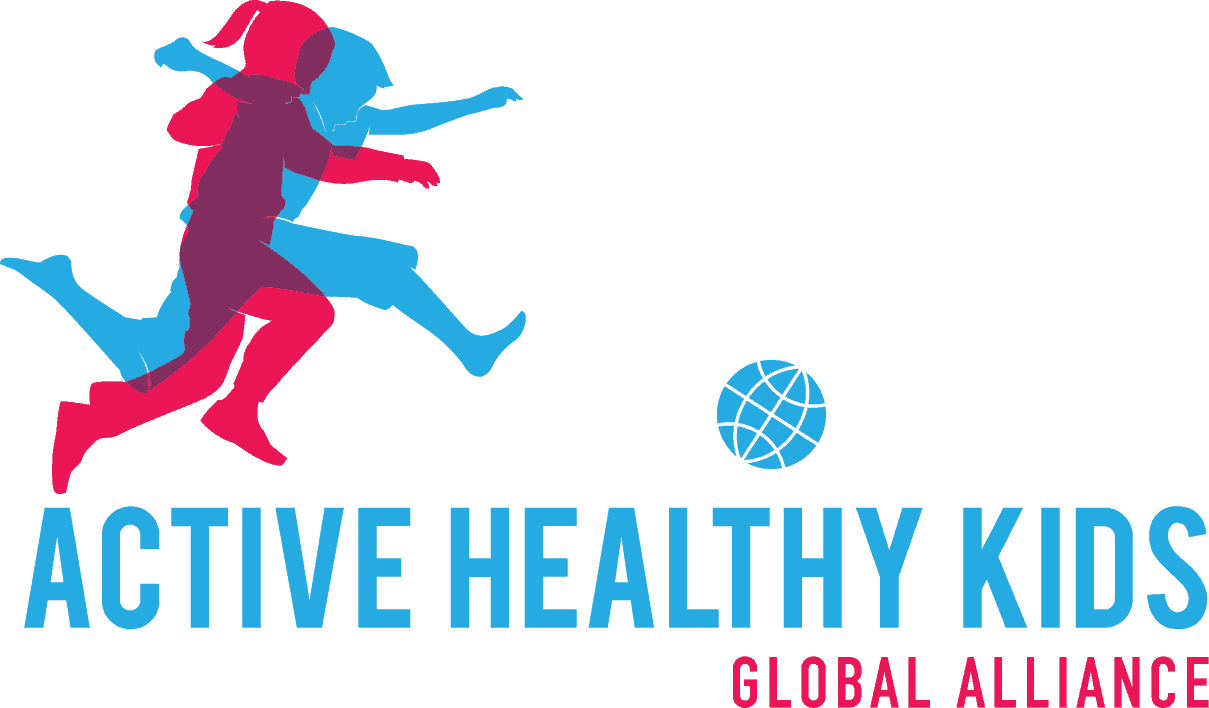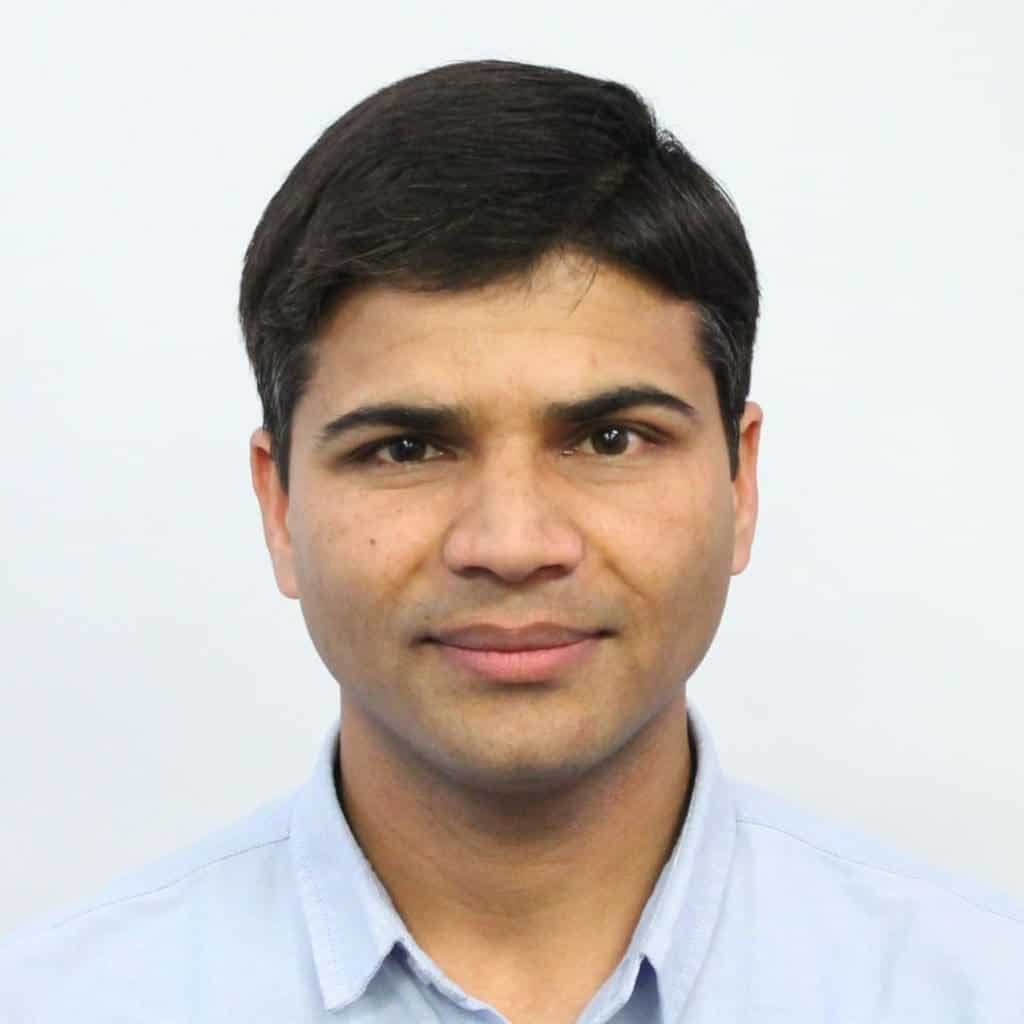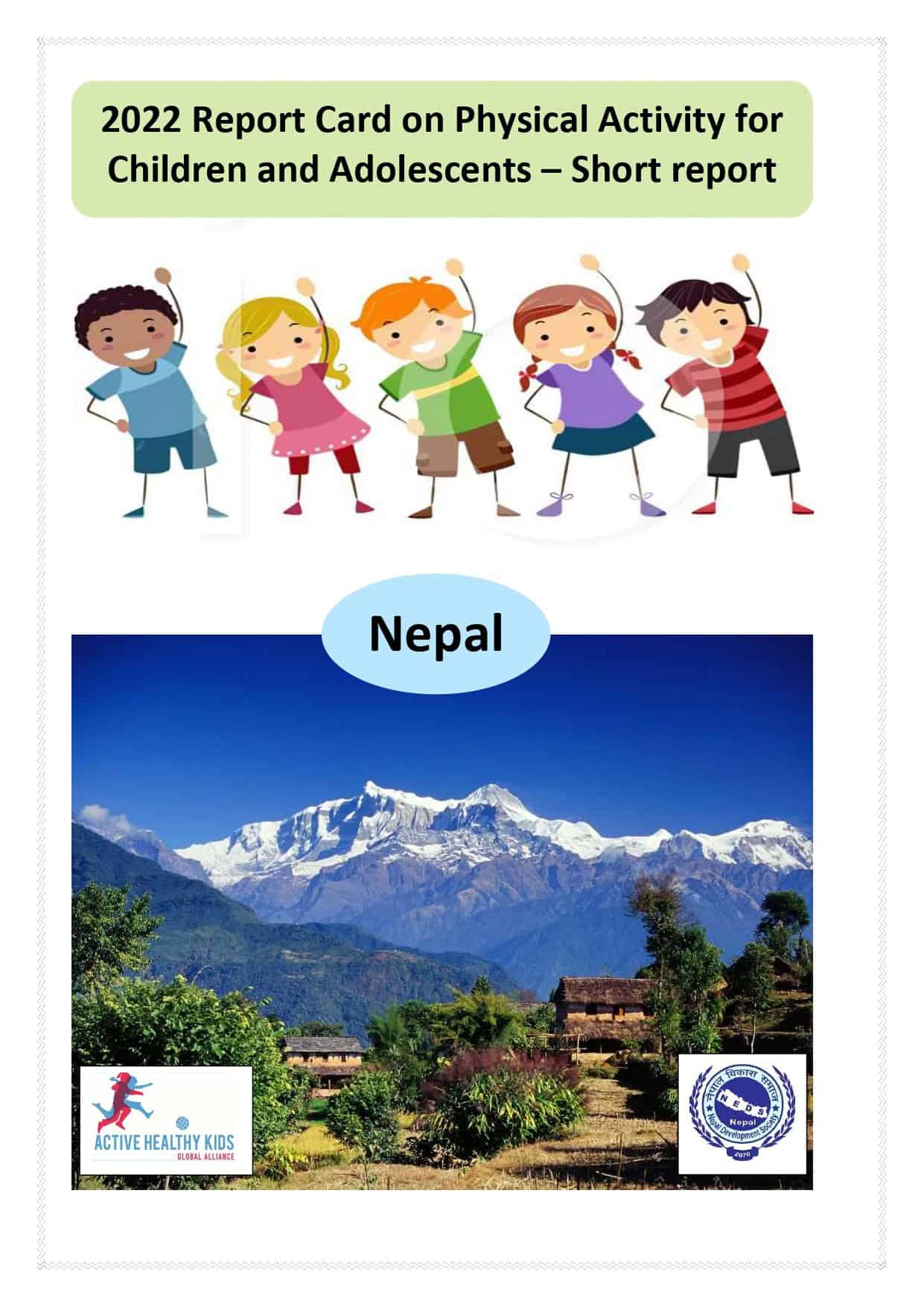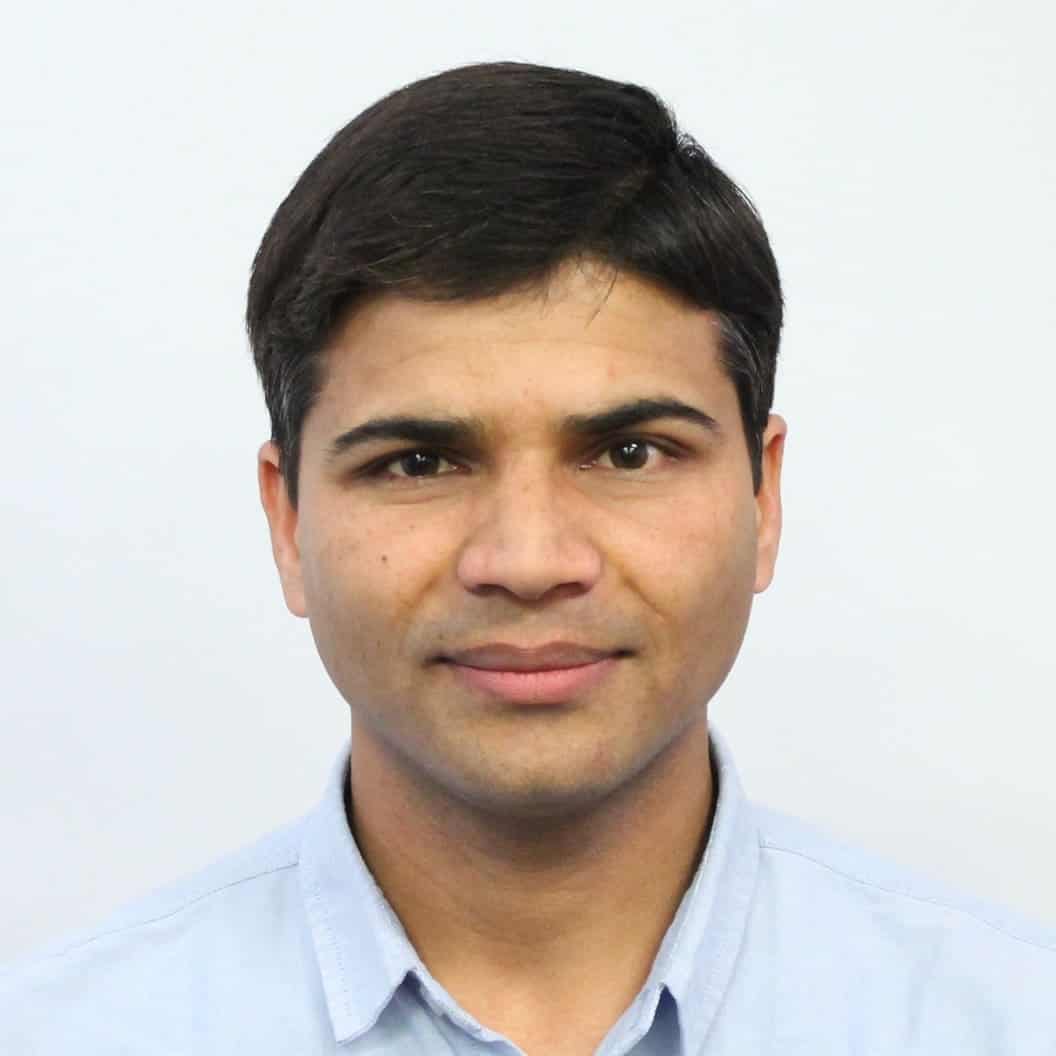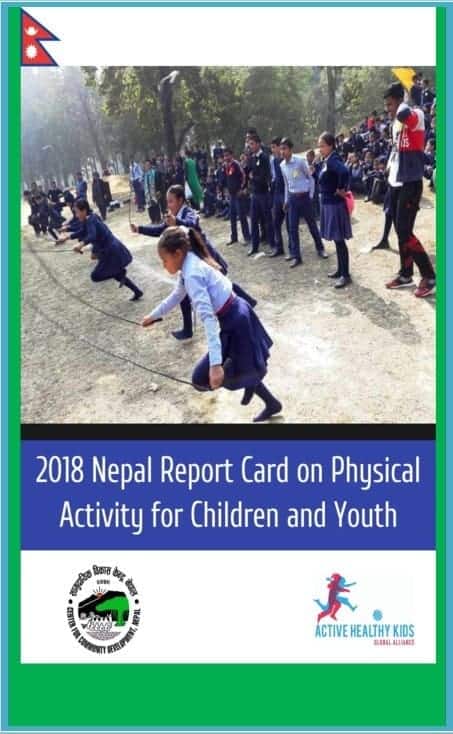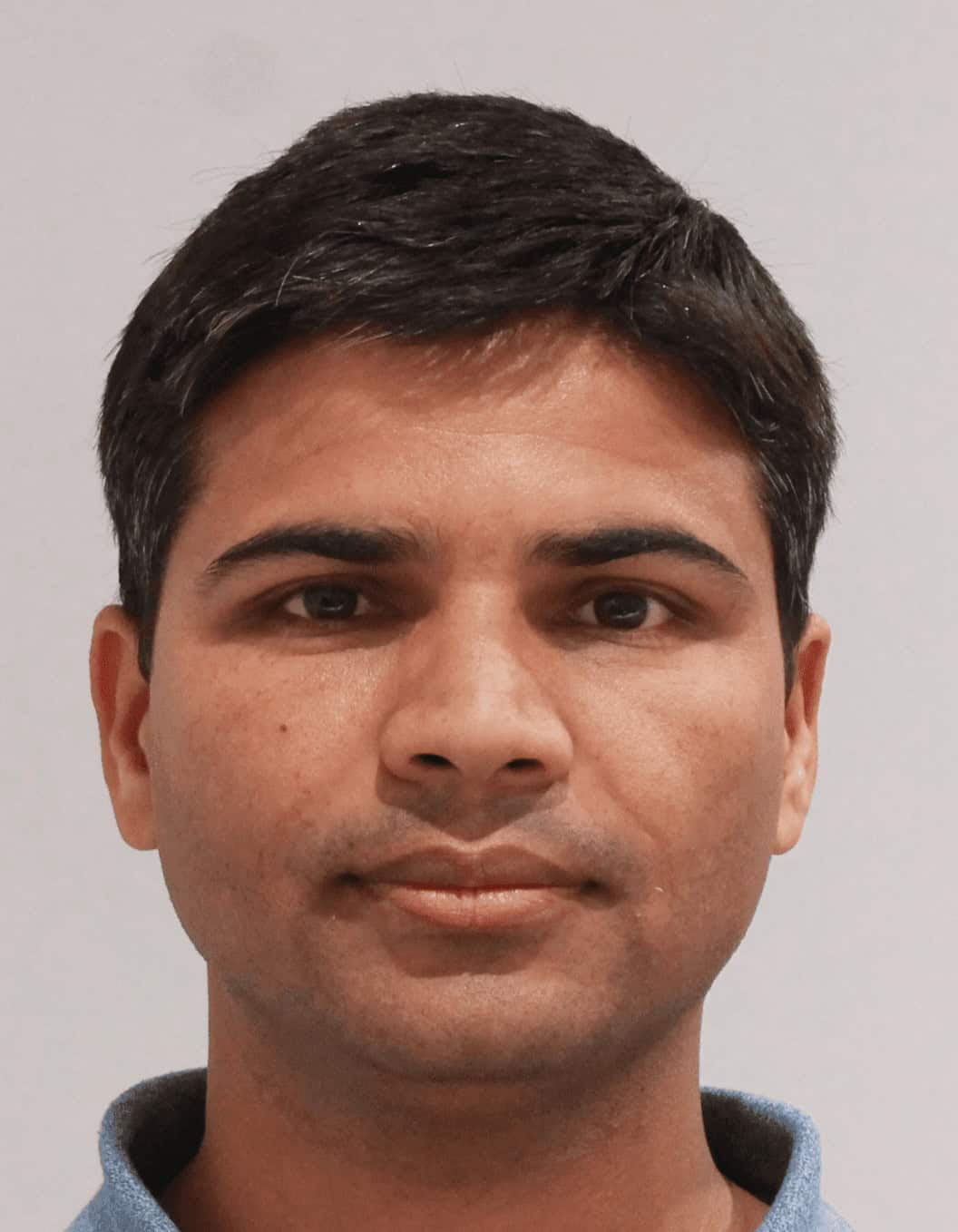

Report Card Leaders
Narayan Subedi, PH.D.
Dr. Narayan Subedi is a research scientist at the Nepal Development Society and an investigator at the Nexus Institute for Research and Innovation, two leading research-based non-governmental organizations in Nepal. He leads and coordinates physical activity research projects, including the app-based Global Adolescent and Child Physical Activity Questionnaire (GAC-PAQ) and the International Study of Movement Behaviours in the Early Years (SUNRISE). He serves as Nepal’s country contact for the Global Observatory for Physical Activity (GoPA) and the Global Observatory for Physical Education (GoPE) and has led Nepal’s Physical Activity Report Card Project with the Active Healthy Kids Global Alliance (AKHGA) since 2017. A Lown Scholar at the Harvard T.H. Chan School of Public Health, he is committed to advancing cardiovascular health globally.
Dr. Subedi earned his Ph.D. from the School of Exercise and Nutrition Sciences at Deakin University, where he is a Teaching Fellow. His doctoral research focused on implementing digital cardiac rehabilitation, particularly the Smartphone Cardiac Rehabilitation, Assisted Self-Management (SCRAM) program. He is trained in digital health, cardiac rehabilitation, global health, implementation science, physical activity, and non-communicable disease prevention, with over a decade of experience in research and teaching in Nepal and Australia.
He completed his undergraduate and postgraduate degrees in Public Health at the Institute of Medicine, Tribhuvan University, Nepal. Notably, he served as a Research Manager at the Nepal Public Health Foundation, managing projects funded by the World Health Organization (WHO) Alliance for Health Policy and Systems Research and other international agencies. He was also an Assistant Professor of Public Health at Tribhuvan University from 2015 to 2019.
Dr. Subedi is affiliated with a few national and international professional organizations, including the Nepal Public Health Association, the International Society of Behavioural Nutrition and Physical Activity (ISBNPA), the International Society for Physical Activity and Health (ISPAH), and the Australian Cardiovascular Health and Rehabilitation Association. With over 3,500 citations, his research has significantly influenced physical activity, digital health, and global health. He continues to lead and collaborate on international research projects, particularly those focused on preventing and managing chronic diseases.
Susan Paudel, PH.D.
Dr. Susan Paudel is a Postdoctoral Research Fellow at the Institute for Physical Activity and Nutrition (IPAN) at Deakin University, Australia. Her research focuses on physical activity and sedentary behaviour among mothers and children from culturally and linguistically diverse backgrounds living in Australia. Before joining Deakin University, she completed her postdoctoral training at the University of Sydney, where she investigated physical activity, screen time, and chronic diseases using large longitudinal datasets.
Dr. Paudel earned her PhD in Epidemiology from Monash University in 2021, examining physical activity and chronic disease prevalence among Nepalese adults. Her academic journey also includes undergraduate and postgraduate degrees in Public Health from Tribhuvan University, Nepal, and a Master’s degree in Health Promotion from Curtin University, Australia. She has authored over 30 publications, with her research cited more than 1,000 times. She co-led Nepal’s Physical Activity Report Card for Children and Youth under the Global Matrix 3.0 initiative and served as Nepal’s country contact for the Global Observatory for Physical Activity (GoPA). Her research interests include epidemiological modelling, socioeconomic inequalities, and the physical activity and sedentary behaviour of mothers and children.
Report Card Grades
- Overall Physical Activity: D+
- Organized Sport and Physical Activity: C-
- Active Play: C+
- Active Transportation: C
- Sedentary Behavior: C
- Physical Fitness: INC
- Family and Peers: A+
- School: C
- Community and Environment: C
- Government: F
Related Links
Report Card Leaders
Narayan Subedi, Ph.D. Candidate
Narayan Subedi is currently a final year Doctoral Student at the School of Exercise and Nutrition Sciences at Deakin University, Australia. He is an Assistant Professor at the Central Department of Public Health at the Institute of Medicine, Tribhuvan University, Nepal, since 2015. He completed his undergraduate and post-graduate degree in Public Health from the same institute, currently working. His research interests are in the fields of physical activity and nutrition, implementation science and telehealth. Mr Subedi also led the country team for Global Matrix 3.0.
Susan Paudel, Ph.D. Candidate
Susan Paudel is currently a PhD student at Monash University, and her PhD project is related to physical activity and chronic diseases among Nepalese adults. Susan has been researching physical activity and sedentary behaviour among different sub-groups in Nepal for the last eight years. She has an undergraduate and postgraduate degree in public health from the Institute of Medicine, Tribhuvan University, Nepal, and a master’s degree in health promotion from Curtin University, Australia. She is the country contact for Nepal – The Global Observatory for Physical Activity (GoPA) and was also involved in developing Nepal’s report card on physical activity for children and youth under Global matrix 3.0.
Report Card Grades
- Overall Physical Activity: D+
- Organized Sport and Physical Activity: INC
- Active Play: INC
- Active Transportation: A-
- Sedentary Behavior: B+
- Physical Fitness: INC
- Family and Peers: A
- School: INC
- Community and Environment: C-
- Government: INC
Top Three Priorities
- Need of quality evidence on physical activity of children and youth (We need national surveys with adequate samples of children and youth to represent the socio-economic and geographical diversity of the country).
- Investment in physical activity research and promotion (Physical activity of children and youth should be a priority issue among different sectors).
- Information dissemination and advocacy for promotion of all domains of physical activity.
Report Card Leader
Narayan Subedi, Ph.D. Candidate
Narayan Subedi is currently doing his PhD at School of Exercise and Nutrition Sciences at Deakin University, Australia. He is an Assistant Professor of Public Health at Maharajgunj Medical Campus, Tribhuvan University, Nepal. His research interest areas include physical activity and nutrition, implementation science and telehealth.
Testimonial
"This is the first time Nepal participated in Active Healthy Kids Global Alliance Global Matrix 3.0 development process and it has been a wonderful experience working in collaboration. We believe, this initiative is crucial for understanding the activity levels of our kids, identify the research gaps and work together to get the kids more active." - Narayan Subedi, Ph.D. Candidate
Conference Abstract: Movement to Move
Nepal’s 2018 Report Card on Physical Activity for Children and Youth
Narayan Subedi1,2,3, Susan Paudel3, Sudip Nepal4, Ashmita Karki4, Mahendra Magar5, Suresh Mehata6
1Department of Community Medicine and Public Health, Maharajgunj Medical Campus, Tribhuvan University, Nepal
2Nepal Public Health Foundation
3Nepal Development Society
4Maharajgunj Medical Campus, Tribhuvan University
5Center for Community Development Nepal
6Ipas Nepal
Presenting author: Narayan Subedi subedi.narayan@gmail.com
Introduction
Consolidated evidence on the prevalence of physical activity of children and youth across different domains is not available in Nepal. This report card has attempted to summarize the available physical activity data of children and youth, and identify the data and research gaps.
Methods
A team was formed to review and synthesize available physical activity data of children and youth in Nepal. Different databases (Medline, EMBASE, PsycINFO, and CENTRAL) were systematically searched for papers published between 2000 and February 2018. Manual search of grey literature was also done. Out of 857 identified records, only 6 had relevant physical activity data related to the indicators among 5-17 years old. Grading was done based on Global Matrix 3.0 grading scheme.
Results
Overall physical activity of children and youth received ‘D+’ grade in Nepal but some papers with different indicator reported that Nepalese children are quite active. However, a large nationally representative sample is needed to validate this. Use of active transportation and support of family and peers were graded as ‘A-’ and ‘A’ respectively. Data was unavailable to appropriately grade five of ten indicators while all the studies used questionnaire to assess PA.
Table 1: PA indicators and grades
| Indicator | Grade |
| Overall Physical Activity | D+ |
| Organized Sport Participation | INC |
| Active Play | INC |
| Active Transportation | A- |
| Sedentary Behaviours | B+ |
| Physical Fitness | INC |
| Family and Peers | A |
| School | INC |
| Community and Environment | C- |
| Government | INC |
Conclusions/recommendations
Overall physical activity level of Nepalese children was found to be low however, considering the small sample size and the study being limited to a small geographic area, it might not give a generalized scenario of the context. Lack of data on five out of ten indicators clearly highlights the research gap and the need for comprehensive studies.
